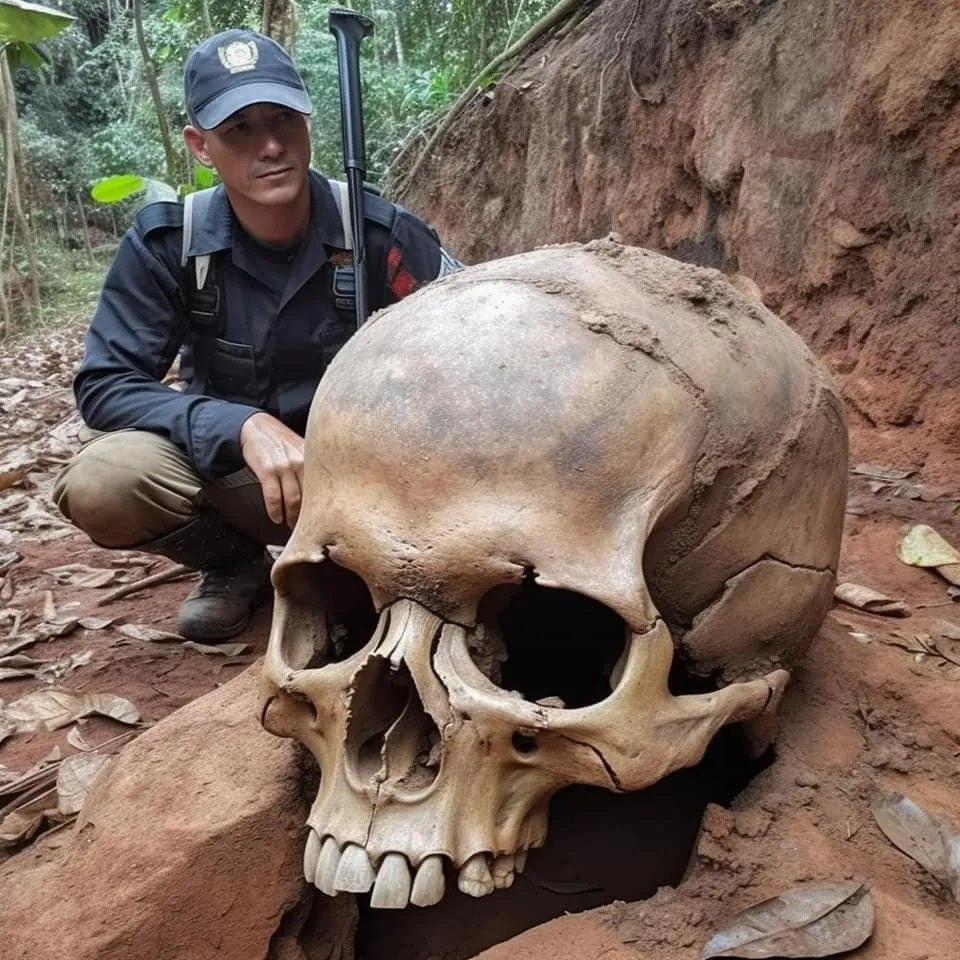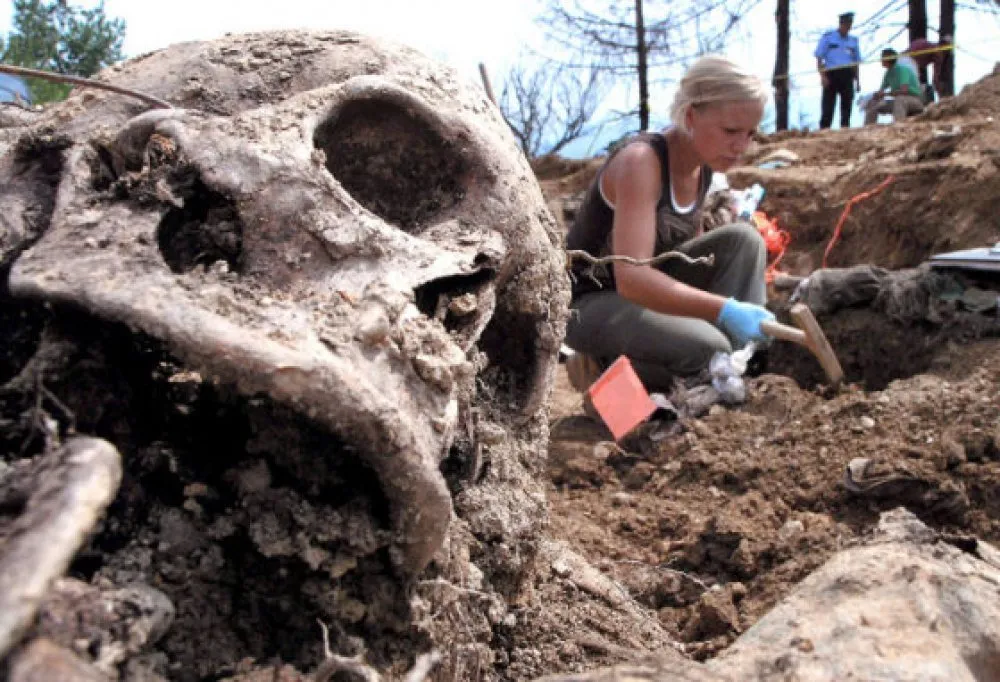In the heart of Egypt, beneath the timeless sands and beyond the shadows of ancient pyramids, lies a clandestine trade that threatens the very essence of its cultural heritage. The black market for ancient Egyptian mummies, a practice as old as the artifacts it pilfers, continues to flourish despite global efforts to curb the looting of archaeological sites. This illicit trade not only robs Egypt of its ancestral mummies but also the world of invaluable insights into one of humanity’s oldest civilizations.

The Lure of the Pharaohs
The fascination with ancient Egypt, its pharaohs, and its mummies, has captivated the imagination of the world for centuries. This fascination, however, has a dark side. The allure of owning a piece of history has driven collectors, historians, and sometimes even scholars, to engage in or indirectly support the illegal trade of mummies and other priceless artifacts.

The Black Market Machinery
The machinery behind this black market is both sophisticated and shadowy. Tomb raiders, armed with modern technology and ancient knowledge, locate and excavate burial sites, often under the cover of night. The artifacts, including mummies, are then smuggled through a network of middlemen to collectors and dealers around the globe. The internet has only made it easier for these transactions to occur, with online auctions and sales obscuring the true origin of these ancient relics.

The Impact on Heritage and History
The consequences of this illicit trade are profound. Every mummy, sarcophagus, or artifact stolen from its resting place is a piece of history lost. These items are not mere objects; they are stories, waiting to be told. They hold keys to understanding ancient diseases, burial practices, social hierarchies, and daily life in ancient Egypt. When these artifacts disappear into private collections, so too does the opportunity for collective human knowledge to advance.
Global and Local Efforts to Combat the Trade
In response, both international organizations and the Egyptian government have ramped up efforts to protect these treasures. The 1970 UNESCO Convention, aimed at preventing the illicit import and export of cultural property, has been a critical tool in this fight. Egypt has also strengthened its laws and increased the penalties for looting and smuggling. However, the challenge remains significant, with enforcement difficult and the demand for artifacts showing no signs of waning.
The Moral Dilemma
At the heart of this issue lies a moral dilemma: the desire to possess a piece of history versus the ethical imperative to preserve and protect it. Collectors must question the origins of their acquisitions, and societies must prioritize heritage over possession. The loss of Egypt’s mummies to the black market is not just an Egyptian issue; it is a global tragedy, reflecting on our values and priorities.
A Call to Action
The battle against the illicit trade of Egyptian mummies and artifacts is ongoing, and it requires a concerted effort from governments, NGOs, scholars, collectors, and the general public. Awareness and education are vital tools in this fight. By understanding the consequences of artifact smuggling, individuals can make informed choices that support the preservation of history. It is only through collective action and respect for cultural heritage that the tide can be turned against the black market, ensuring that Egypt’s ancestral mummies remain a part of our shared global history, studied and admired for generations to come.



